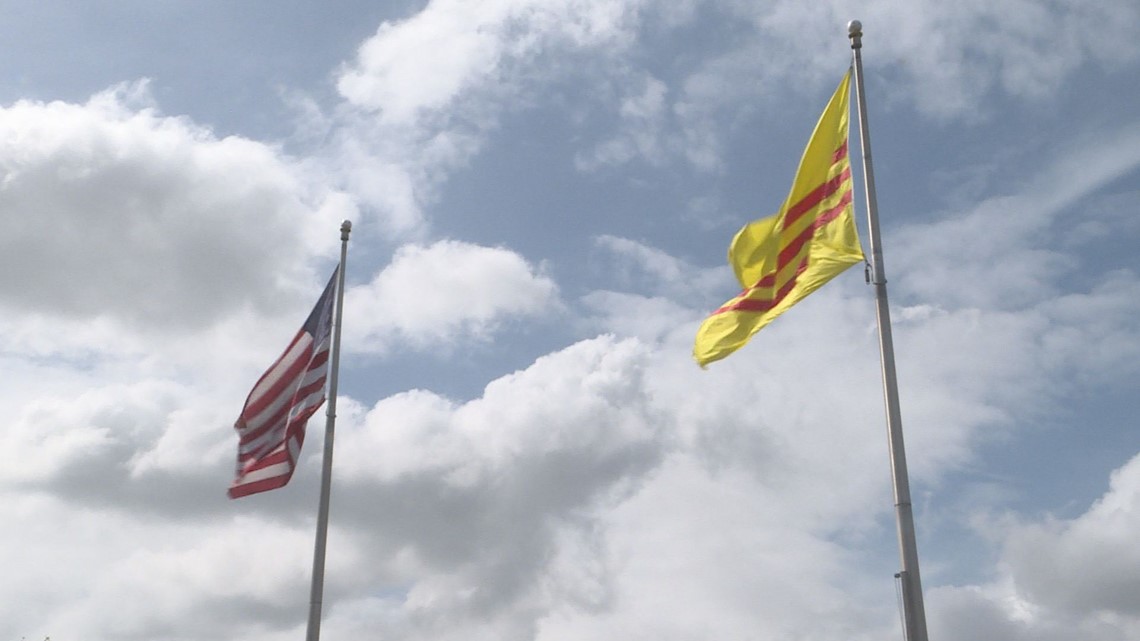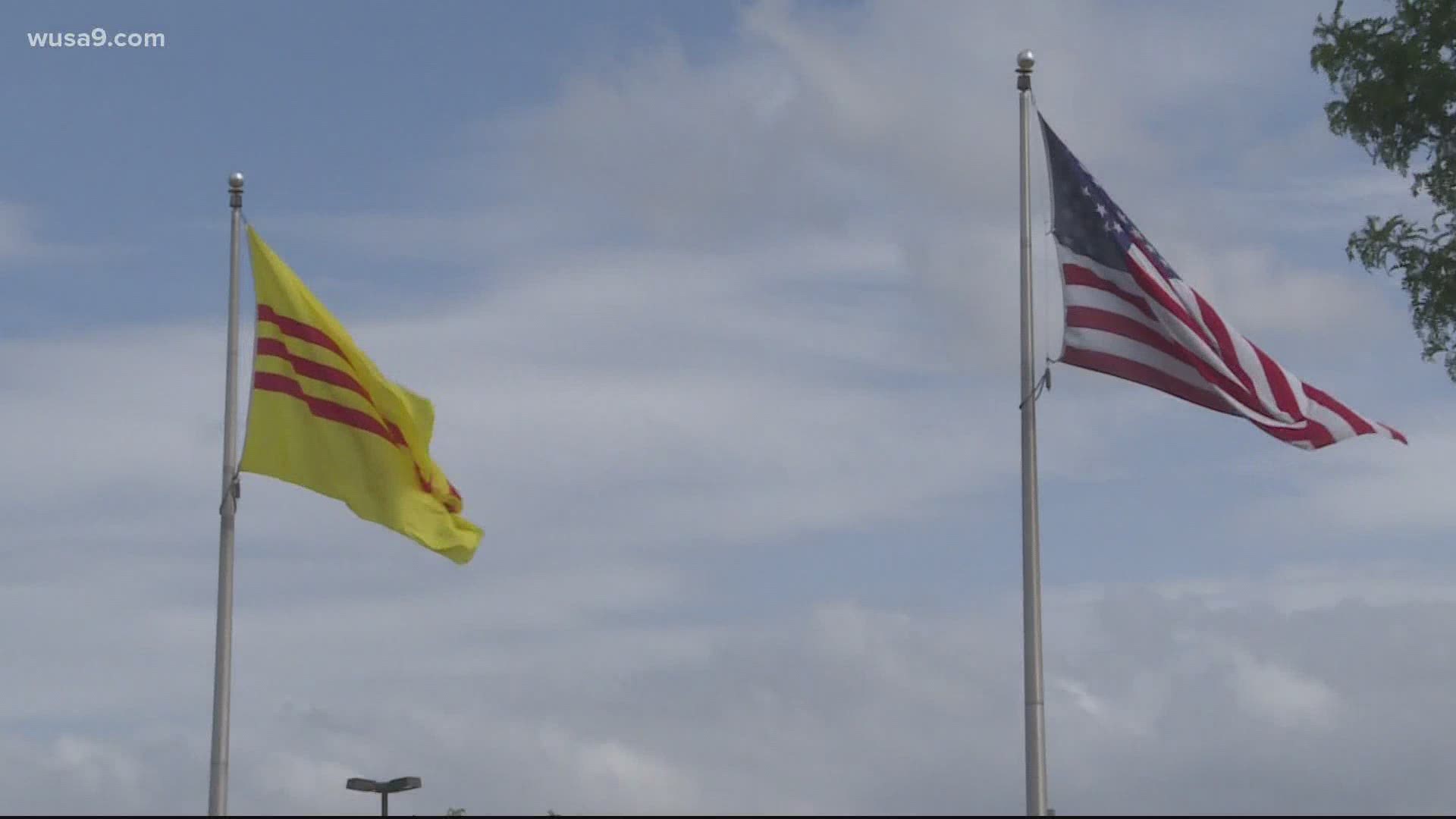FALLS CHURCH, Va. — May is Asian-Pacific American Heritage month. It should be month of cultural celebrations, but the coronavirus has created a crisis that has hit all communities. In Virginia, the pandemic has a historic Vietnamese American shopping and cultural center fighting for survival.
In Falls Church, Va. the Eden Center has been a cultural hub for decades.
"It's a one-stop shop for many of us In the community," Huong Binh Bakery Deli owner Quang Le said.
The Eden Center is the largest Vietnamese Commercial center on the East Coast. It's also a connection to the life the Vietnamese families left behind. A reminder of the sacrifice to escape a war and a communist regime to come to America and start a new life
"My father joined us in 1982," Le said. "He tried to leave Vietnam eight times and was jailed four of them. I guess eighth time is the charm."


Le’s father started Huong Binh in the 1980s. For nearly 30 years, it has called Eden Center home.
"It was a lot of hard work. Everybody in the family pitched in," Le said.
Le now runs the business. It was business as usual, until the pandemic hit.
A normally packed parking lot in Eden Center turned into a ghost town. Le said out of the 120 businesses that call the shopping center home, only 10 percent stayed open.
"At one point, I didn’t think I was going to be able to keep dipping into my savings and go past June," Le said.
But in the last two weeks, there has been a turn around. People have started to come back to the center.
Le said business is up, but not where it was.
"We are all in a hole. It’s just how big of a hole are we going to be in when things go back to normal?" he said.
Some of the shops and restaurants have reopened. But others haven’t.
Restaurants that can't make the transition to take out and delivery remain shuttered. The fear is they may never reopen.
"I've known these businesses for years, 10-15 years," Le said. "It's gonna be sad."
But Le said he believes the same hope that brought these restaurants and shops owners to America will carry them through the pandemic.
"First generation immigrants are built of a different stuff," Le said. "They are resilient, and I think they will get back."

